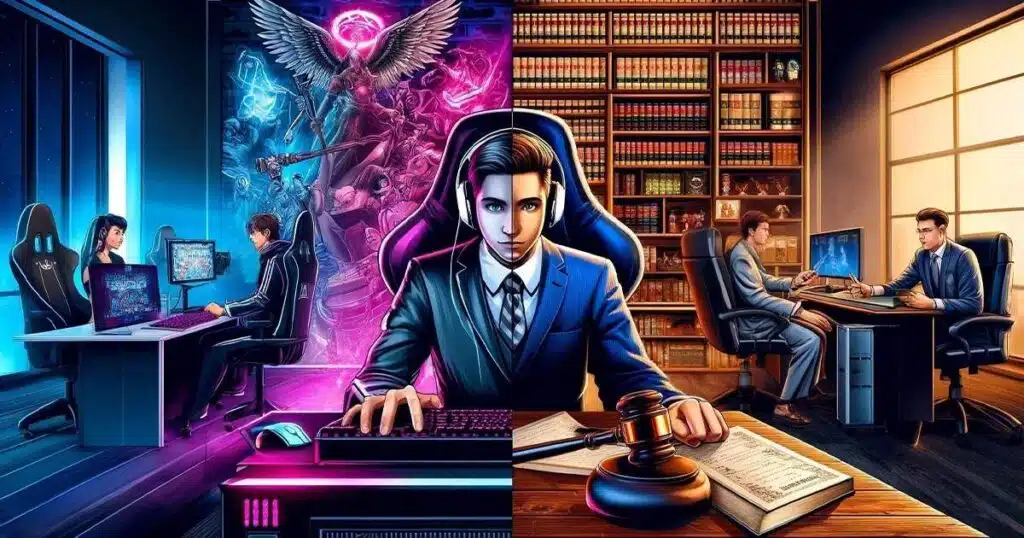Is It Permissible to Withhold Full Severance Pay Due to Disciplinary Dismissal? Explaining the Supreme Court Decision of 2023 (Reiwa 5)

Can a company completely withhold severance pay if an employee commits a serious act of betrayal and is subsequently dismissed for misconduct?
On March 10, 2023 (Reiwa 5), the Supreme Court delivered a significant ruling regarding the non-payment of severance pay following a dismissal for misconduct. This decision is likely to have a major impact on businesses.
This article will explain the details of the Supreme Court’s decision in 2023 (Reiwa 5) and delve into the relationship between dismissal for misconduct and severance pay.
The Nature of Severance Pay
When an employee commits a criminal act, a company may have no choice but to terminate the employee through disciplinary dismissal. In doing so, the company might also decide not to pay severance pay. However, is it permissible not to pay severance pay at all? Considering that severance pay not only serves as a reward for years of service but also as deferred wages and a means of livelihood protection after retirement, it seems that withholding it entirely may not be allowed.
The issue arose in the case of a public servant. A prefecture disciplined a public high school teacher, who was a local public servant, by dismissing him for causing a property damage accident while driving under the influence of alcohol, and decided not to pay any severance pay. The public servant, as the plaintiff, sought to overturn the decision to withhold all severance pay. This case, from Reiwa 5 (2023), attracted attention as it was the first time the Supreme Court would decide on the restriction of severance pay for public servants.
In conclusion, the Supreme Court ruled that the decision not to pay severance pay is left to the discretion of local public entities, and in this case, it was within the scope of discretion and therefore legal.
Since this case involves a public servant, it cannot be assumed to directly affect private companies that are subject to labor laws. However, even in the relationship between the prefecture and the public servant, there are commonalities with private companies in terms of labor relations. The question then arises: could this judgment affect private companies when making decisions about not paying severance pay to their employees?
Cases of Disciplinary Dismissal Due to Public Servants’ Drunk Driving

The plaintiff was a former teacher at a public high school in Miyagi Prefecture. They were hired as a public school teacher by Miyagi Prefecture in April 1987 (Showa 62) and had since been working as a teacher. There was no history of disciplinary action other than this disciplinary dismissal, and there were no particular issues with their work performance.
On April 28, 2017 (Heisei 29), to attend a welcome party for a colleague at the high school where they were working, the plaintiff drove their personal car to a parking lot near the venue and participated in the welcome party for about four hours, during which they consumed alcohol. They then attempted to drive more than 20 km back to their home in their personal car and had driven 100 meters when they caused an accident resulting in property damage due to negligence.
Miyagi Prefecture, on May 17, 2017 (Heisei 29), imposed a disciplinary dismissal and a decision not to pay any retirement allowance (17,246,467 yen) due to driving under the influence of alcohol and causing a property damage accident (a total payment restriction penalty).
High Court Decision: Restriction on Full Payment of Severance Pay Exceeds Discretionary Authority
The plaintiff filed a lawsuit against Miyagi Prefecture seeking the revocation of the disciplinary dismissal and the decision to restrict full payment.
The Sendai High Court, as the court of first instance, ruled that the disciplinary dismissal was lawful. However, considering factors such as “approximately 30 years of faithful service, the fact that the damage caused by the incident was physical and has already been restored, and that remorse has been shown,” it found that the decision to restrict full payment exceeded the discretionary authority of the Miyagi Prefectural Board of Education and was illegal. Consequently, it partially upheld the plaintiff’s claim, stating that 30% of the retirement allowance should be paid.
In response, Miyagi Prefecture appealed, and at the Supreme Court, the legality of the decision to restrict payment was contested.
Supreme Court Decision: Not a Deviation from Discretion and Therefore Legal
The Supreme Court ruled that the decision to restrict the provision in this case does not significantly lack appropriateness in terms of social norms, nor does it deviate from or abuse the scope of discretionary power, and is therefore legal. It was determined that there was no deviation in Miyagi Prefecture’s discretion to completely withhold payment. The reasoning is as follows:
First, decisions related to the restriction of retirement benefits are entrusted to the discretion of the retirement benefits management agency, which is intimately familiar with the actual circumstances of the employees’ duties, etc. The courts should deem such decisions illegal only if it is recognized that the decision related to the disposition significantly lacks appropriateness in terms of social norms, thereby deviating from or abusing the scope of discretionary power.
Furthermore, pointing out the malicious nature of the accident caused by the plaintiff, the impact on the trust related to the public duties of public schools, and their execution, even considering that the plaintiff had no disciplinary history for 30 years and showed remorse, it was concluded that the county’s decision does not significantly lack appropriateness in terms of social norms, nor does it deviate from or abuse the scope of discretionary power.
Conclusion: Consult a Lawyer Regarding the Legality of Non-Payment of Severance Pay

This case pertains to a public servant, and its judgment should be considered to have a minor impact on private companies. The judgment emphasizes that the decision not to pay severance allowances by the prefecture is left to the discretion of the prefecture. It conducted a review based on the premise of the prefecture’s broad discretion and concluded that the decision not to pay any severance pay is legal.
On the other hand, the key to this judgment regarding the prefecture’s discretion in deciding not to pay severance pay may not be applicable to private companies. In the case of private companies, clauses on the reduction or non-payment of severance pay for disciplinary dismissal are judged based on whether there are significant reasons enough to negate years of service, considering the deferred payment nature of wages and the merit-based nature of severance pay. If the reasons are not significant, the measures for reduction or non-payment could be deemed invalid as they violate public order.
However, determining the legality of non-payment of severance pay is not straightforward. When deciding whether it is permissible to withhold severance pay from an employee who has been disciplined, consider consulting a lawyer.
Introduction to Our Firm’s Measures
Monolith Law Office is a legal office with high expertise in both IT, especially the internet, and law. In recent years, with the diversification of work styles, there has been a growing focus on labor laws. Our firm offers solutions for managing “Digital Tattoos.” Details are provided in the article below.
Areas of Practice at Monolith Law Office: IT & Venture Corporate Legal Affairs[ja]





















